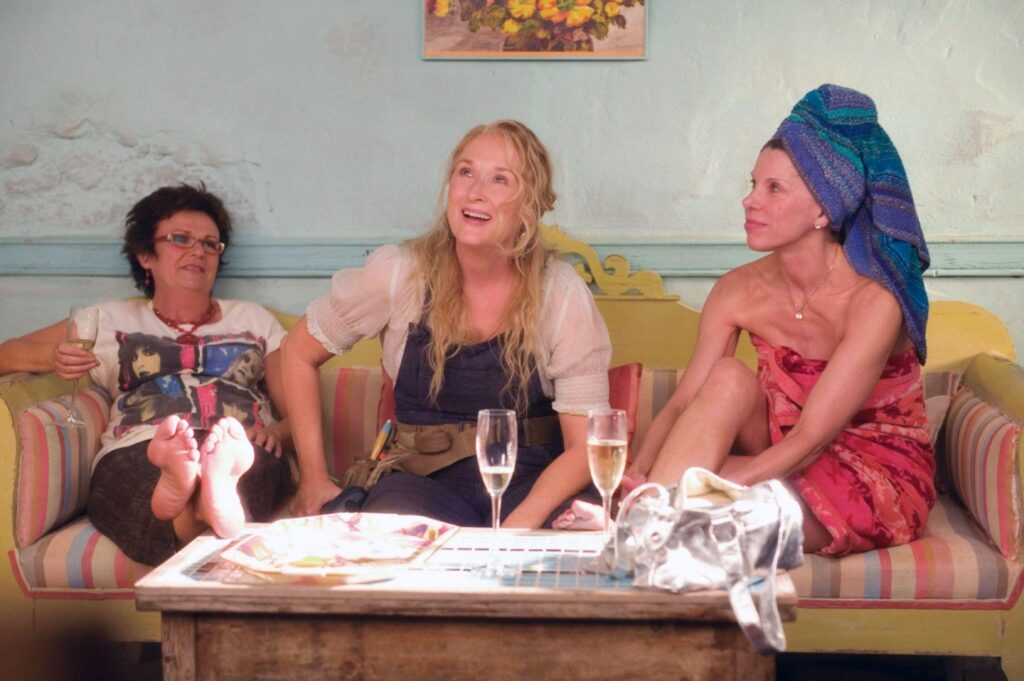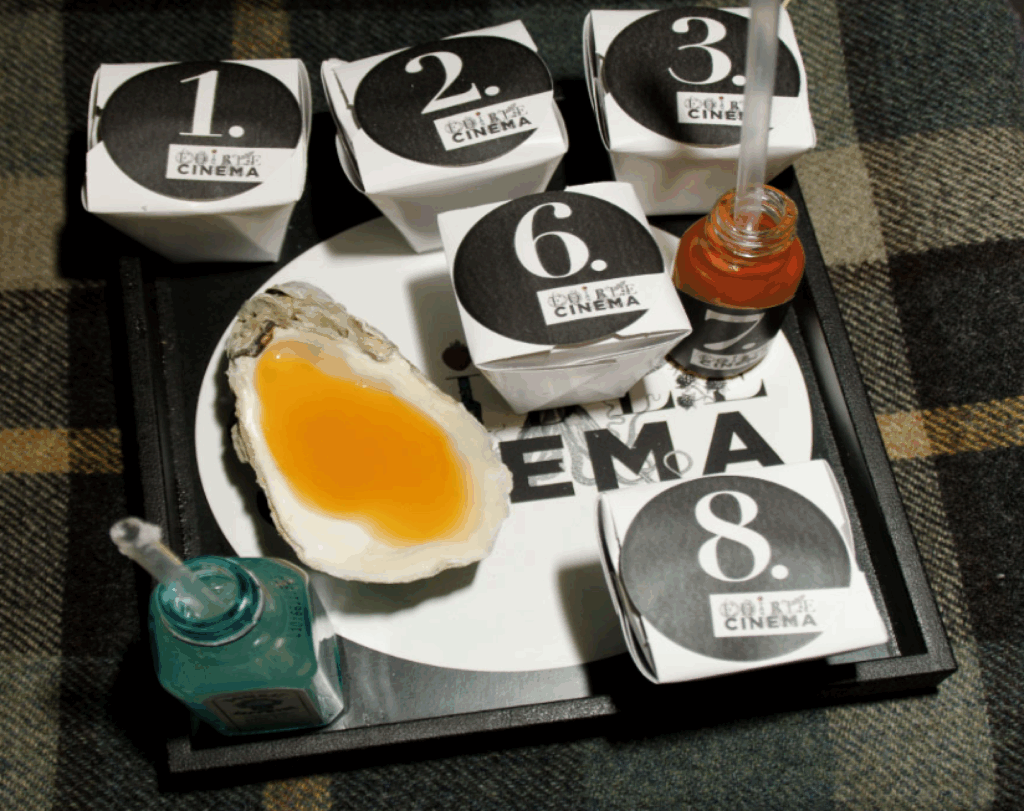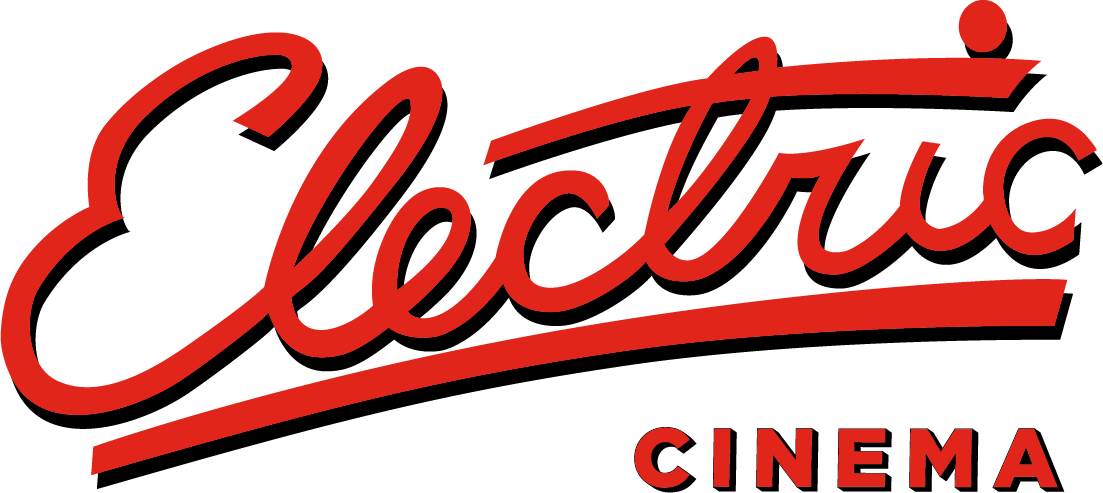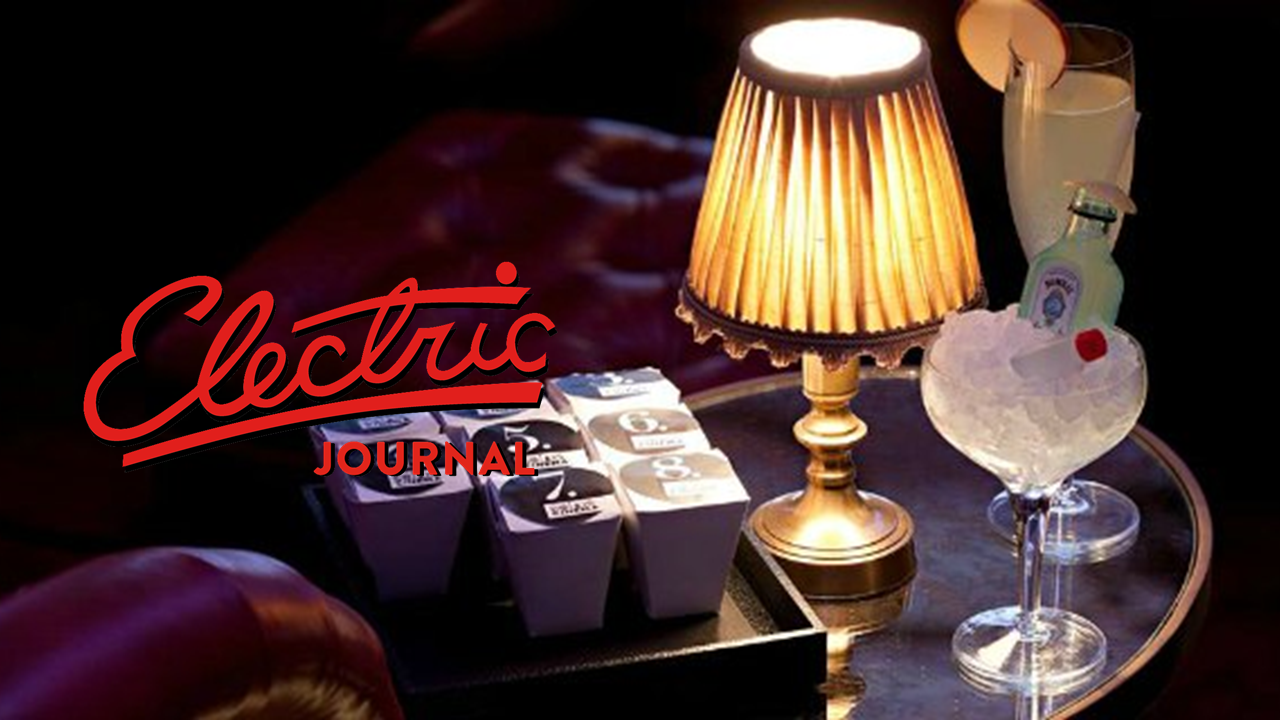For the 20-plus years I led the Electric Cinema, it was a never-ending source of joy – and an outlet for some occasionally wild creative expression, particularly when it came to food, programme, and experience.
As the first public cinema of one of the world’s leading hospitality brands (Soho House & Co), F&B – food and beverage for those philistines among us – had to be part of the attraction. And boy, did we milk it.
When the Electric reopened in 2002, it was the only cinema serving freshly made, restaurant-grade food in tubs. Our serving staff – cheekily (and only ever amongst ourselves) dubbed the ‘tub tarts’ – would march into the auditorium like a scene from Ratatouille, trays stacked high with fish and chips, mushroom risotto, and spaghetti bolognese — all for £3.50. They’d barely make it down an aisle before retreating to the kitchen to restock. The menu changed often, but one rule was ironclad: hot food, yes. Popcorn, absolutely not.
Right from the start, special events became our calling card. It’s commonplace now, with milestone releases, but at the time we pioneered creating a bespoke food-and-drink element, lovingly matched to the film. One of the earliest was Sex and the City – very much an “Electric film.” Guests were greeted with a cocktail on arrival, followed by a chef-crafted menu, dessert included (though the details escape me – blame the cocktail) at their seats. Tickets flew out the door.
Soon, these events became a regular part of the programme, and preparation was half the fun. With the GM, head chef, and head bartender on board, we’d brainstorm menus — sometimes nailing it in one round, sometimes needing a few trial tastings (the sacrifices we had to make…). Pre-production meant everything from food and drink menus to marketing strategy and poster design to those inevitable last-minute tweaks. Then came Production itself: serving 83 people at once, a proper military operation, and always brilliantly executed by the Electric team.

A particularly favourite menu was Mamma Mia! in 2007: “Lethe’s Tears” and “Santorini Fizz” cocktails on arrival, then bruschetta with tzatziki, tomatoes, and olives; prawn saganaki; brown rice and herb-stuffed tomatoes; moussaka; and Greek salad skewers — all topped off with a syrup-glazed kadaifi pastry stuffed with custard, cream, and pistachios. (Vegetarians, of course, were never left behind.)
Food also became central to one of our most successful strands: Edible Cinema, launched in 2012. Created by the hugely talented Polly Betton of Teatime Production and Zoe Fletcher, then Soho House Member Events Manager, it was described by Vanity Fair as “wildly creative.” Guests experienced films through taste, smell, and texture, guided by numbered boxes containing tiny dishes and mini cocktails to be opened at precise moments in the film. It was molecular gastronomy meets cinema – and tickets sold out in minutes.

The first screenings took place at our sister public cinema, The Aubin in Shoreditch, and included Pan’s Labyrinth, Spirited Away, and Withnail and I. For Withnail, when he slathers himself in Deep Heat, guests squeezed a lookalike tube and ate the contents – except they contained a honey-and-lemon gel spiked with bergamot, bitters, and bay. For This Is Spinal Tap, box number 1 contained “Bum Cakes” — peach-flavoured marshmallow demi-spheres, a cheeky nod to the Big Bottom scene.
By 2012, Edible Cinema had moved to Portobello, launching with a sell-out of When Harry Met Sally and continuing with a two-year run that spanned Perfume: The Story of a Murderer, Eternal Sunshine of the Spotless Mind, and Some Like It Hot.
The Electric proved, if nothing else, that food and film go together just as well as popcorn and Coke – only with fewer kernels stuck in your teeth.
Words by Mandy Kean
Mandy Kean was previously International Director of Cinema for Soho House & Co. The Electric was the jewel in the portfolio of cinemas in her remit for over 20 years. Mandy now co-owns Mustard Studio with Kate Gerova, which they launched in 2020, collaborating with independent cinemas and film businesses on thoughtful and sustainable ways to transform operations and elevate experiences.

